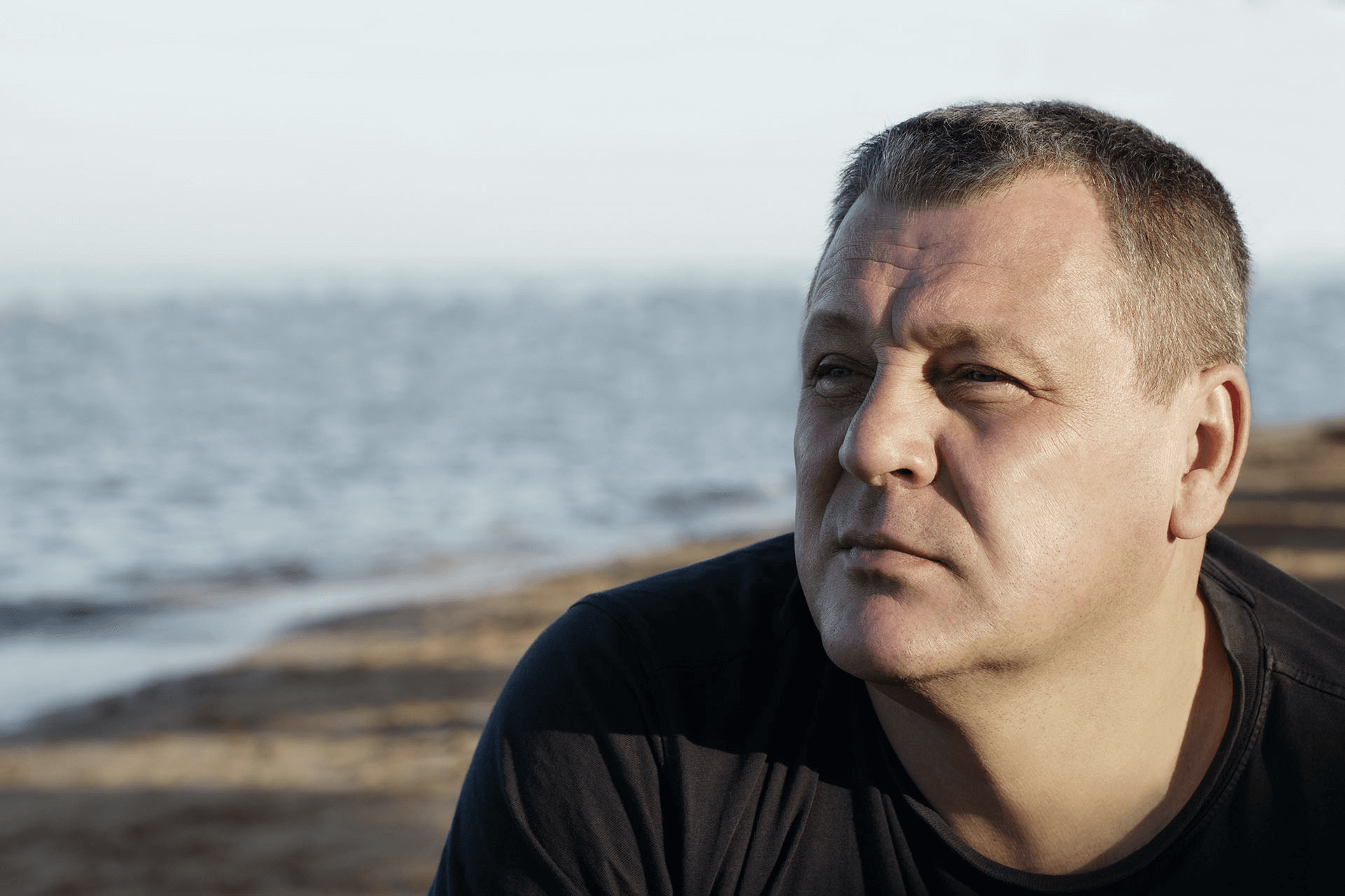How we blended the principles of behavioral science with digital research techniques to track the launch of two new oncology therapies
The challenge
Our client marketed Product X for Chronic myeloid leukaemia (CML) which had been submitted for first line indication but was often regarded by physicians as a third choice after two competing products. They were planning to launch two new therapies for Acute myeloid leukaemia (AML) and Acute lymphoblastic leukaemia (ALL) and wanted to ensure optimal uptake among target physicians.
Market research was required to measure their launch effectiveness by tracking usage and uptake. In addition, they wanted to explore how the uptake of these two new therapies influenced the use of Product X.
The solution
We conducted 8 waves of tracking research with Haematologists, Oncologists and BMT Specialists across the US, each of whom submitted 5 patient record forms per wave.
To understand physicians’ awareness and attitudes toward agents for CLL, ALL and AML pre and post launch and gain a better understanding of physician prescribing decisions, we used our proprietary digital research solution, Rx Rationale.

The outputs
Using Rx Rationale, we were able to capture the justification for differential product selection directly at the point of prescription, when the physicians had just seen their patients and made their decision about the best course of treatment. This blend of behavioural science and digital research enabled us to get closer to the actual moment when behaviours were being enacted, allowing us to gain greater insight into the motivations and behaviours that shaped them.
We provided our client with insights into the treat and non-treat decisions as well as spoken responses, which helped uncover which issues weighed into their decision-making, how newer therapies were being adopted, and how the use of one product impacted uptake of the others.

Sign up to receive Rapport.
Rapport is our monthly newsletter where we share our latest expertise and experience.